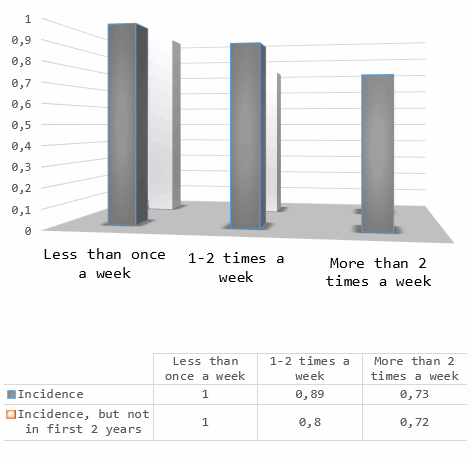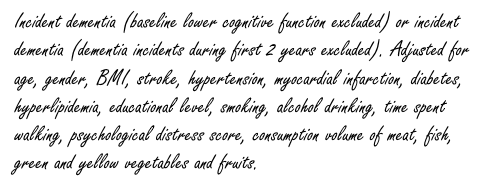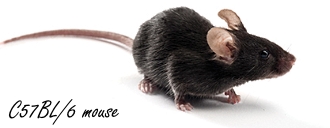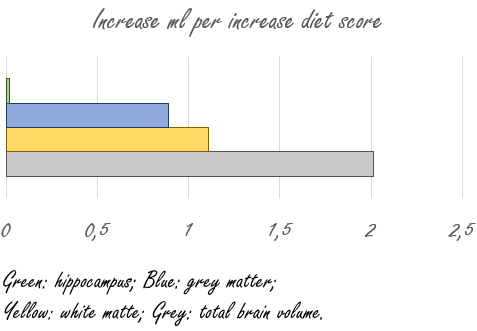|
Definition: "An ergogenic aid is any substance or phenomenon that enhances performance "
|
|
||||||||
31.12.2018 |
|
|
Ergothioneine makes mushrooms healthy for your brain
Ergothioneine
Ergothioneine is an amino acid, mainly made by fungi. It is in small amounts present in the human diet. In the body ergothioneine is mainly present in the lens of the eye, but also in red blood cells, skin and kidneys. There are also indications that the substance delays mental aging processes and inhibit neurodegenerative disease.
In the blood of over-sixties who show signs of cognitive deterioration, researchers find less ergothioneine than in the blood of mentally fit peers. [Biochem Biophys Res Commun. 2016 Sep 9;478(1):162-7.] In a small comparative study, Japanese researchers also found less egothionein in people with Parkinson's disease. [J Neurol Neurosurg Psychiatry. 2016 Mar;87(3):295-301.]
Epidemiological study
In that study, the researchers followed 13,230 people aged 65 and over 5.7 years. They looked at their intake of mushrooms and their chance of dementia. Mushrooms are the main source of ergothioneine in the human diet.
The figure below comes from [FEBS Lett. 2018 Oct;592(20):3357-66.].
The more mushrooms the attendees ate each week, the smaller their chance of dementia. The differences in the figure below are statistically significant.
Source: More: Archives:
|
|
||||||||||||||||








